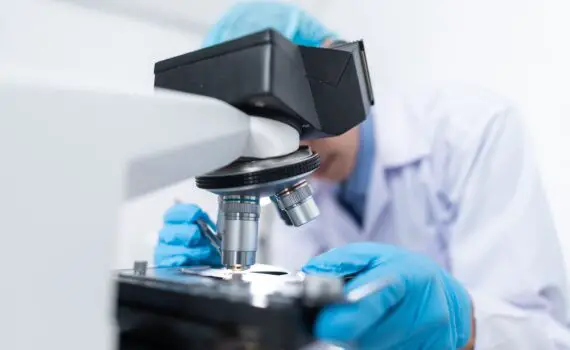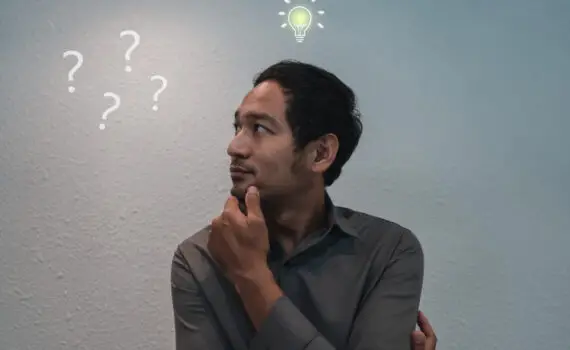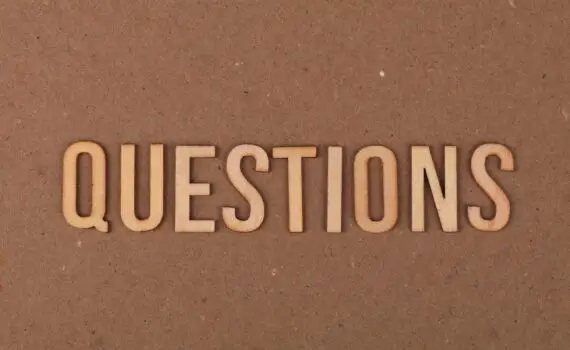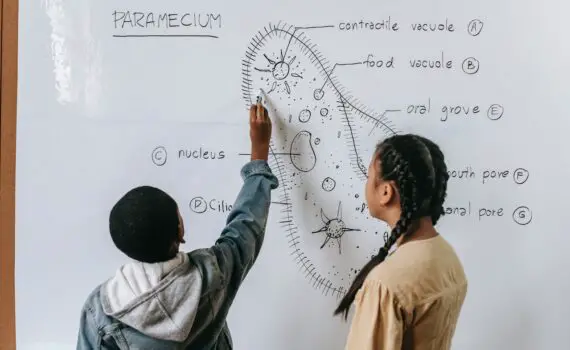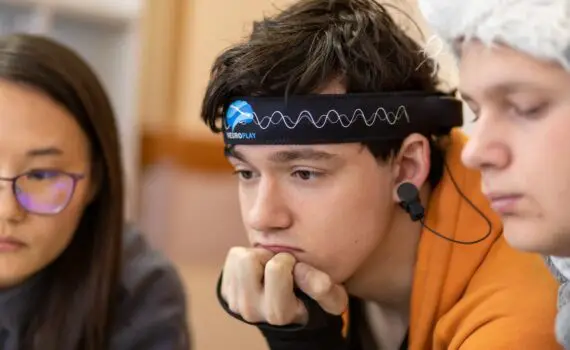Scientific thinking and research are integral to the advancement of human knowledge and understanding. Scientific thinking is a type of knowledge-seeking process that encompasses various cognitive aspects such as asking questions, testing hypotheses, making observations, recognizing patterns, and making inferences 1. This process goes beyond mere facts and figures; it […]
Scientific Thinking
Scientific thinking is an approach that allows individuals to critically analyze information and develop rational conclusions based on evidence. Numerous books on this topic teach readers about the scientific method, an invaluable tool used by scientists and researchers to gather and interpret data. By familiarizing oneself with the best books […]
Applying scientific thinking to management problems involves using systematic approaches to identify, analyze, and find solutions to complex challenges faced within an organization. By embracing observation, experimentation, and analysis, management professionals can make more informed decisions that ultimately lead to better outcomes and increased efficiency. This method, rooted in the […]
Non-scientific thinking refers to methods of exploring knowledge and understanding without adhering strictly to the processes of the scientific method. A wide range of fields, including philosophy, religion, and the arts, often employ non-scientific approaches to uncover truths and generate ideas. These alternative methods can be distinguished by their reliance […]
Scientific thinking is a skill that allows individuals to critically analyze and question the world around them. It involves the use of logic, reasoning, and evidence-based inquiry to form hypotheses, conduct experiments, and draw conclusions. By cultivating scientific thinking, we develop a deeper understanding of the mechanisms underlying natural phenomena […]
Scientific thinking is a crucial aspect of modern-day society, as it enables individuals to approach complex situations and problems systematically and rationally. Central to this skillset is the scientific method, which comprises essential components such as hypothesis formulation, induction, deduction, experimental design, causality, and hypothesis testing. Understanding and implementing this […]
Scientific thinking skills play a crucial role in the field of science, enabling individuals to approach problems methodically and make informed decisions. These skills encompass a range of cognitive processes, such as induction, deduction, experimental design, causal reasoning, concept formation, and hypothesis testing. By employing such techniques, one can analyze […]
Scientific thinking is a vital skill in today’s world, helping us unravel the mysteries of the natural and physical world around us. This approach involves using systematic and logical processes to investigate questions, test hypotheses, and establish facts. By honing our scientific thinking skills, we become better equipped to solve […]
Scientific literacy and critical thinking are essential components of a well-rounded education, preparing students to better understand the world we live in and make informed decisions. As science and technology continue to advance and impact various aspects of our lives, it is increasingly important for individuals to develop the ability […]

